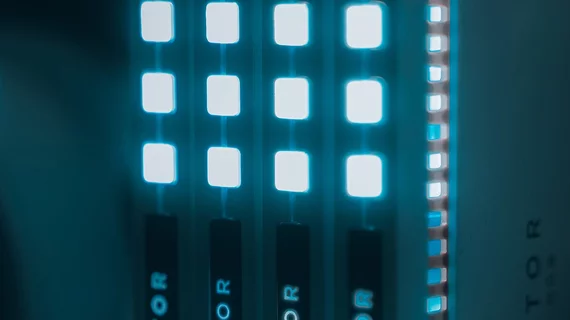Industry Watcher’s Digest
Buzzworthy developments of the past few days.
- Cleveland Clinic is looking for a few good healthtech startups. As many as four, in fact. The tech-forward health system will pick those it believes can advance the field of quantum computing in healthcare and the life sciences. Awardees will earn a 24-week “immersive experience” featuring access to IBM Quantum System One, space on Cleveland Clinic’s main campus and quite a lot more. Announcement here, application form here.
- Kaiser Permanente is using AI to spot signs of inpatient trouble that humans might miss. The integrated care giant isn’t unique in this application of the technology. But it’s leading the way in acting on the resulting AI alerts in efficient and effective ways. An opinion piece in the Washington Post looks at the work, spotlighting a 16% cut in mortality that translates to 520 saved lives in a year. Read the piece.
- Henry Ford Health in Michigan is an early adopter of adaptive, AI-aided radiotherapy. It’s using a system made by Varian, the Ethos with HyperSight, which Henry Ford says needs less time per session and fewer sessions overall to neutralize tumors of many types. Announcement here.
- Researchers have refined a way to decode nerve impulses sent from the brain to the muscles used in verbal expression. The technique uses a “speech prosthesis” implanted in the brain and an AI algorithm that decodes words based on recordings of brain activity. Yep, it’s that out there. The innovation may help individuals who’ve lost their ability to speak make themselves readily understood. The work is underway at Duke University. It’s summarized here and published in a peer-reviewed journal here.
- The field of pediatric device innovation has received a $7.4M shot in the arm. That’s the amount the FDA is wiring to a multidisciplinary, multisite group that it first funded five years ago. Called the Southwest-Midwest Pediatric Device Innovation Consortium, the group brings together pediatric physicians, medical engineers and industry partners. It’s centered at Texas A&M University and has plenty of creative momentum to build on. Learn more here.
- Emory Healthcare in Atlanta is working with Andor Health of Orlando, Fla., to station “virtual sitters” near patients at risk of falling. The company’s offering in this arena uses generative Ai, ambient listening and real-time monitoring to head off not only trips and tumbles but other safety risks as well. Announcement.
- Improving sleep quality and digestive health could reduce self-injury and aggression in young people with profound autism. Researchers at Rensselaer Polytechnic Institute arrived at this educated hunch after using AI tools to analyze mountains of biomedical data. The project is described for laypeople here and scientific minds here.
- From AIin.Healthcare’s news partners:
- Cardiovascular Business: ChatGPT tackles hypertension: Popular AI model a helpful resource for patients with high blood pressure
- Health Imaging: AI tool for measuring breast density added to ACR platform
- Radiology Business: Radiology vendor Covera Health raises up to $50M in financing, acquires AI firm
- Health Imaging: Philips receives total of $60M from Gates Foundation for AI-powered ultrasound
- Cardiovascular Business: AI model for predicting sudden cardiac death more accurate than expected

